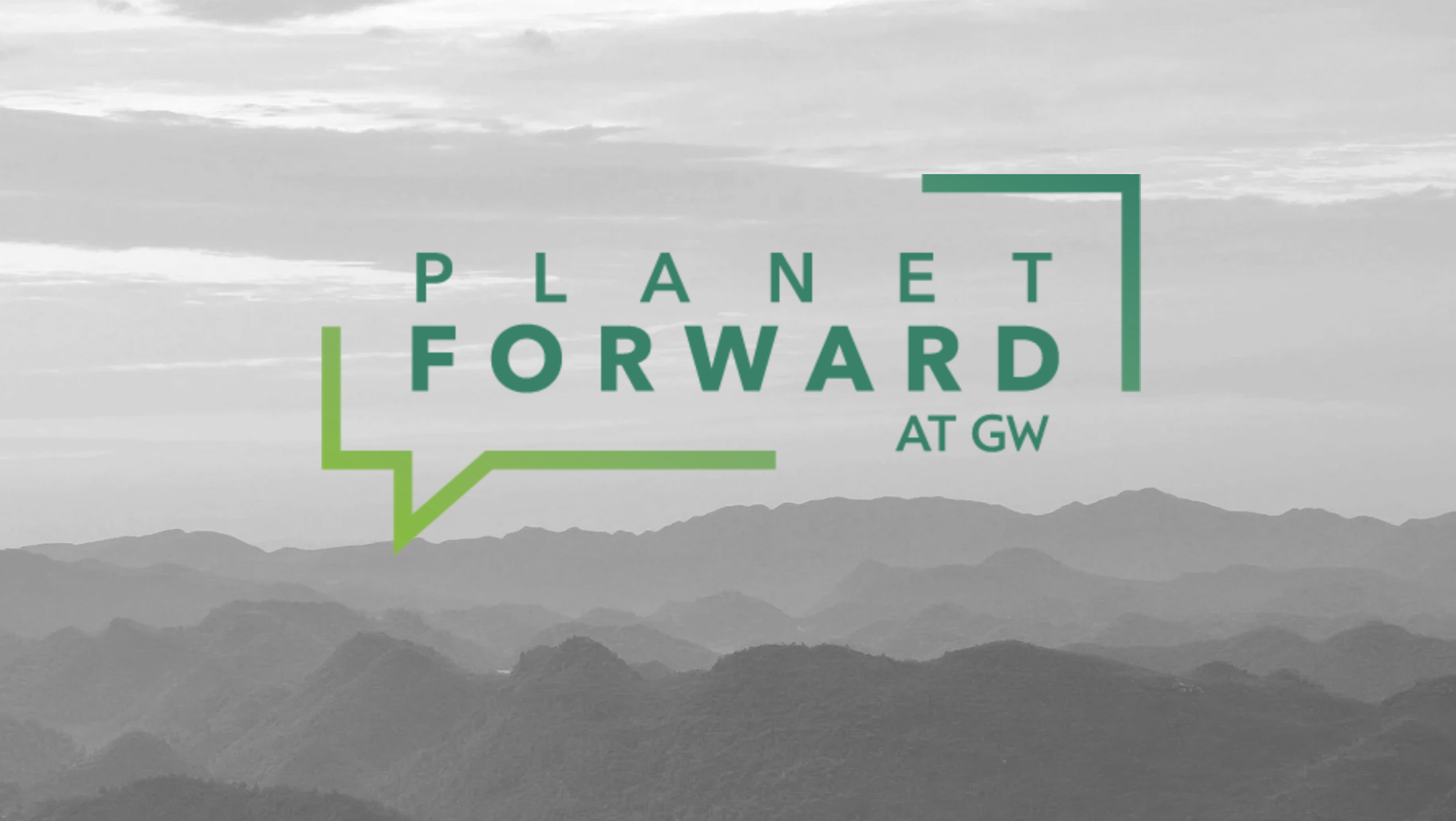
A conversation about living through a wildfire and what comes next, based on a collection of individual stories.

A conversation about living through a wildfire and what comes next, based on a collection of individual stories.
By Jen Phelan and Kevin Bjarnason
This podcast expresses the binding relationship between wildfires and their effect on the community such as their drinking water. Steve is a community member in Colorado and shared his firsthand experience about what happened back in 2018. These concerns tie closely with people’s civil right and should not be taken lightly because the serious issues that interconnect the community members and natural habitat in which we live in.
The wildfires in Colorado create barriers to overcome, and journeys that withstand unfathomable measures. The emergency personnel along with family and friends who work together to create a fluid transition toward safer grounds shows the strength that is awarded with overcoming obstacles.
Steve has lived through a traumatic experience where he guides the audience through the events he went through, the panic he endured, the plan he had to make, and the circumstances as well as solutions to these problems. The wildfires created an environment that not only caused many to relocate, but to become uprooted onto unfamiliar grounds in which they had to forcibly adapt.
The worst part about his experience was the uncertainty of the future and what it holds. Families, the economy, and the environment were put against a fight that they could not win without losing some, if not a large portion of the most precious things in life. How to educate and inform his family, as well as himself was of importance to figure out how to continue onwards to safety.
Economically, there were hotel vouchers and food tickets that were given to victims. That resonates with the audience. The people play a victim role but should also understand who truly helped to progress the issue toward such combative stages. For example, a simple natural part of the earth, water, was adversely affected by the occurrences of the wildfires. The direct impact during the wildfires could not be changed at that point in time, so proper safety concerns were addressed by Steve during the interview. He mentioned to understand the relationship between communicating about current events and how it affects anybody, especially if they live in fire-prone areas. He admits that this should be considered when looking toward progressive steps of making sure future endeavors do not take up space that make cause harm. In a way, it is pre-conceived knowledge that members of society should consider when building the new infrastructure; the true foundation that people base their livelihoods on.
These foundations should expand in an environmentally friendly direction and provide and educate people as to what they should consider when they occupy parts of the world. The carbon footprint that they leave not only affects everybody within these areas of devastation, but for the neighbors who have to accept the newcomers having to migrate into their space; bringing along various traditions that now mix together for a cocktail of culture. This unification of people is good to help force proper communicative techniques to take place and quite literally show that it can directly and indirectly affect you and your loved ones; even strangers!
What there is to take away from this is, that you cannot predict the future fully, but you can help contain and protect the valuable resources that we were given at the start of life on Earth and help to maintain and sustain it for future people. The best way to do this is through sharing information of how truly devastating these natural disasters can be, especially for a person like Steve. There is a lesson to be learned; not everybody can see that they are affected by earth, but they can affect earth. To show them this is to show them how their everyday choices can alter backyards near and far, and for generations to come.